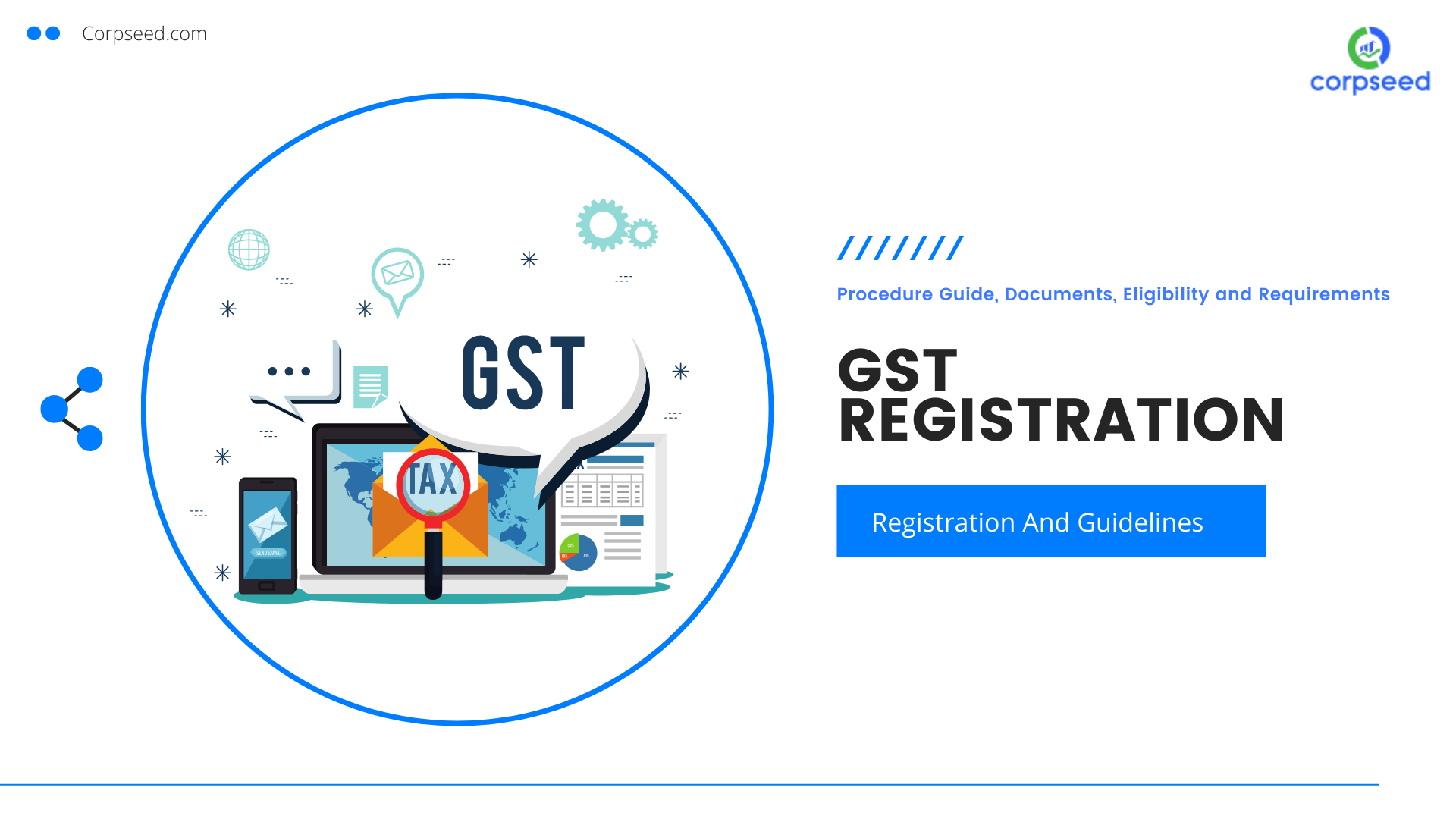Open the Benefits of GST Registration in Singapore with CFO Account & Services
Open the Benefits of GST Registration in Singapore with CFO Account & Services
Blog Article
Throughout: An Extensive Review of GST Enrollment and How to Efficiently Register Your Organization
Navigating via the elaborate process of GST registration can be a crucial step for any kind of business wanting to develop compliance and authenticity out there. Why choose CFO Account & Services for GST registration in Singapore. From comprehending the fundamental concepts of GST to fulfilling the eligibility criteria and gathering the necessary documents, the trip towards successful enrollment can typically appear like a daunting task. With the best advice and insights, services can improve this procedure and unlock the benefits that come with being a signed up entity.
Comprehending GST and Its Significance
Comprehending the Item and Solutions Tax (GST) and its value is essential for companies operating in economic climates where this taxation system is executed. By enabling businesses to declare input tax obligation credit histories on the tax obligation paid on purchases, GST makes sure that tax obligations are determined only on the worth added at each stage of the supply chain.
Additionally, GST promotes compliance and transparency in the tax regime, minimizing tax evasion and enhancing government earnings. It streamlines tax obligation administration and compliance for services by providing a common system for tax obligation filing and settlement. Generally, a comprehensive understanding of GST is critical for companies to properly navigate the intricacies of the tax obligation system and make certain conformity with the regulation.
Qualification Requirements for GST Registration
To register for GST, businesses must fulfill certain qualification standards described by the tax authorities. The key demand for GST enrollment is that the business's aggregate turn over surpasses the threshold established by the federal government, which varies by state. Furthermore, specific businesses, such as those entailed in inter-state supply of products or solutions, casual taxed individuals, and non-resident taxed persons, are called for to sign up for GST regardless of their turn over.
Additionally, services associated with supplying products or services through ecommerce systems are likewise mandated to register for GST, irrespective of their turnover. Businesses that were registered under the previous tax obligation regime, such as Barrel, import tax responsibility, or service tax, must shift their registration to GST. Sticking to these qualification requirements is critical for businesses seeking to abide with the GST policies and avoid any kind of penalties for non-compliance.
Papers Needed for GST Enrollment
When getting GST enrollment, companies have to guarantee they have all the required documents in order to complete the process efficiently and successfully. The key files needed for GST enrollment consist of proof of business registration or consolidation such as the Certificate of Consolidation, collaboration act, or registration certification. Additionally, companies need to provide proof of address for the principal place of business, which can be supported by files like an energy bill or a rental agreement.
In addition, documents confirming the identity and address of the marketers or companions entailed in business, such as PAN card, Aadhaar card, or key, are crucial for GST enrollment. Savings account statements or terminated cheques presenting the name of the address, account, and company number are also mandatory to validate the savings account information given throughout registration.
Guaranteeing all the required files are in order and conveniently offered will enhance the GST enrollment procedure and help companies avoid hold-ups or complications.
Online Enrollment Process for GST

After completing the form, supporting files need to be submitted based on the standards offered. These records generally consist of evidence of business enrollment, address proof, bank declarations, and identification proof of the organization owner. It is important to guarantee that all papers are clear, valid, and posted in the defined format to prevent hold-ups in the registration process.
Once the application and files are submitted, businesses can track the status of their GST registration online. If there are no issues or added details required, the GST registration certificate will be issued electronically, noting the effective completion of the online enrollment procedure.
Post-Registration Compliance and Tips

In addition, organizations must preserve proper account books, consisting of invoices, audit records, and financial declarations, to sustain the information offered in GST returns. Routine audits and reconciliations ought to be carried out to guarantee data accuracy and conformity with GST regulations. Moreover, businesses should remain upgraded on any type of adjustments in GST policies, rates, or conformity treatments to make required changes immediately. Seeking professional aid from tax specialists or accounting professionals can likewise aid companies navigate complex GST conformity requirements effectively. By staying aggressive and cautious in post-registration compliance, organizations can prevent fines, maintain good standing with tax obligation authorities, and foster operational effectiveness.
Final Thought
To conclude, the process of GST registration is essential for companies to abide by tax obligation policies and operate legally. By comprehending the my response eligibility standards, gathering the needed files, and finishing the on-line registration process, services can effectively sign up for GST. It is very important to remain compliant with post-registration requirements and look for professional assistance when required to ensure smooth operations.
Services that were registered check my blog under the previous tax obligation routine, such as VAT, import tax responsibility, or service tax, must transition their enrollment to GST. The crucial papers needed for GST registration consist of proof of company enrollment or unification such as the Certificate of Unification, collaboration action, or registration certificate.Upon effective completion of the GST enrollment procedure, services must quickly adhere to post-registration compliance demands to maintain regulative conformity and make sure smooth operations.In final thought, the process of GST registration is vital for businesses to comply with tax guidelines and run legally. By comprehending the eligibility criteria, gathering the necessary records, and finishing the online registration procedure, companies can effectively register for GST.
Report this page